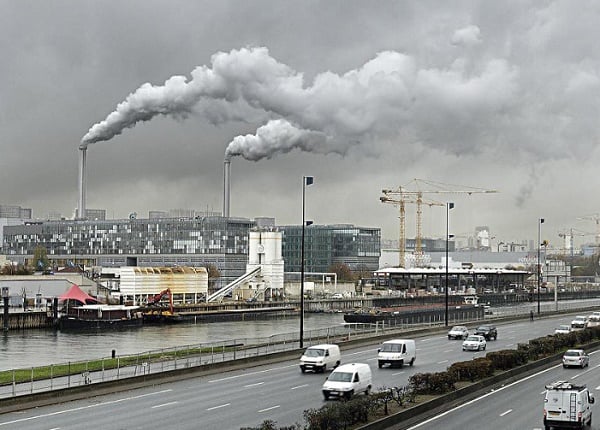Air pollution
A new United Nations Environment Programme (UNEP) report states that deaths from air pollution may increase by over 50 percent by 2050.
The report, published on Tuesday, is to commemorate the ‘International Day for Clean Air and Blue Skies’ celebrated every September 7.
According to the United Nations, air pollution currently causes about seven million premature deaths annually, and also affects the climate through the destruction of ecosystems.
“As well as causing around 7 million premature deaths every year, major air pollutants affect the climate. Most, like greenhouse gases, come from the combustion of fossil fuels,” the report reads.
Advertisement
“Air pollution also damages ecosystems, reduces crop yields and harms the health of forests.
“Barring a major reversal, premature deaths resulting from ambient air pollution are poised to increase by more than 50 per cent by 2050.”
Gary Kleiman, lead consultant on the report, said for air pollution to be effectively tackled, governments need to take actions based on science.
Advertisement
“As awareness is raised of the devastating impact of poor air quality on human health, we are seeing that governments are increasingly showing political will to take action,” Kleiman said.
“However, it is critical that actions be based on science so that the strength of the necessary actions are at a level consistent with the need.
“As countries identify the best way to make investments that help (them) recover from the pandemic, they should align these investments with sustainable development. Limiting air pollution should be part of every green post-pandemic plan.”
Advertisement
Add a comment





